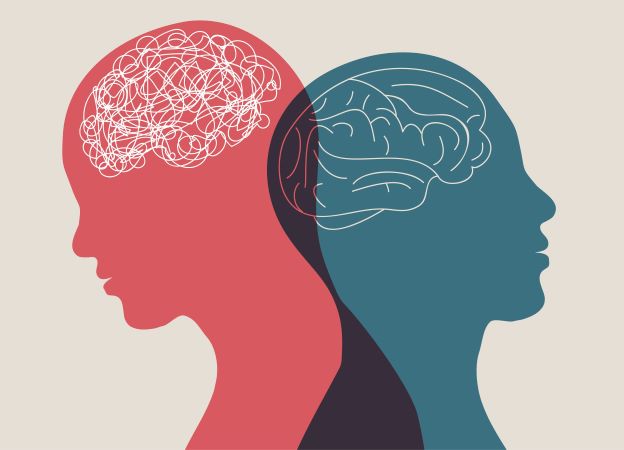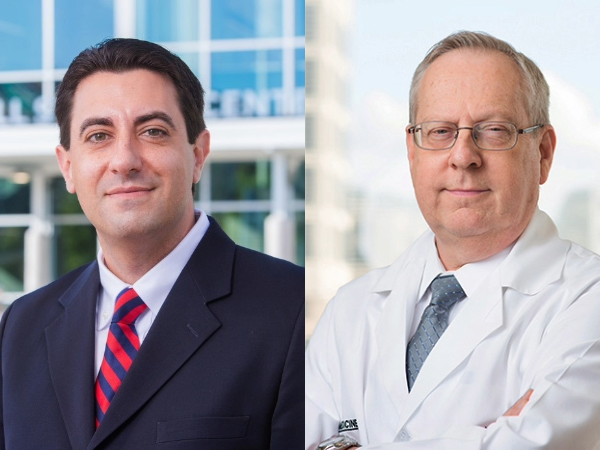 Depression is a silent enemy, lurking in the shadows of countless lives, often concealed by shame, guilt, and isolation. Approximately 800,000 individuals worldwide (800 in Alabama) die by suicide annually, with approximately 50% of all suicides linked to depression. In addition, the economic impact of depression on society is greater than any other illness globally, according to the World Health Organization. In the heart of Alabama, where the burden of this mental disorder is particularly heavy, the University of Alabama at Birmingham (UAB) Depression and Suicide Center has embarked on a remarkable journey to combat this relentless foe. With an ambitious goal of raising $10 million, the center’s mission was nothing short of revolutionary as that goal was reached in 2023. The goal was not only met but surpassed with $10.8 million raised.
Depression is a silent enemy, lurking in the shadows of countless lives, often concealed by shame, guilt, and isolation. Approximately 800,000 individuals worldwide (800 in Alabama) die by suicide annually, with approximately 50% of all suicides linked to depression. In addition, the economic impact of depression on society is greater than any other illness globally, according to the World Health Organization. In the heart of Alabama, where the burden of this mental disorder is particularly heavy, the University of Alabama at Birmingham (UAB) Depression and Suicide Center has embarked on a remarkable journey to combat this relentless foe. With an ambitious goal of raising $10 million, the center’s mission was nothing short of revolutionary as that goal was reached in 2023. The goal was not only met but surpassed with $10.8 million raised.
Alabama, ranking fourth in the United States for depression prevalence (23.5%), was in dire need of a beacon of hope. An estimated 157,000 individuals in Jefferson County alone battle with the torment of depression. The UAB Department of Psychiatry and Behavioral Neurobiology receives a staggering 200 requests for treatment daily.
In the face of this daunting challenge, the UAB Depression and Suicide Center persevered with the recruitment of Matthew Macaluso, D.O. from the University of Kansas School of Medicine in 2019. As Clinical Director of the Depression and Suicide Center, Dr. Macaluso worked collaboratively with other leaders to develop clinical programs offering advanced treatments for the most severe forms of depression. These novel clinical programs directly translated from research done by Dr. Macaluso and Dr. Shelton in collaboration with industry leaders to develop novel mechanism of action drugs and devices for severe mood disorders. The patient care approach to patients in the DSC uses a biopsychosocial approach, crafting personalized treatment plans that included psychotherapy, intranasal esketamine, vagus nerve stimulation, intravenous ketamine, electroconvulsive therapy, and access to clinical trials of novel therapies.
The center will soon add a new, state-of-the-art repetitive magnetic stimulation treatment device with the MagVenture Atlas Neuro Navigation System, which optimizes TMS coil positioning to increase the chance for treatment response. With this addition, we will have a cutting-edge program for depressed patients that equals or exceeds what is available anywhere in the world. The center will be able to provide the newest and best care to the people in our state as new therapies come available.
The investment of the people in our state has allowed us to grow the center from the ground up in the 11 years since the 2012 arrival of Richard Shelton, M.D., Charles B. Ireland Professor.
 Matthew Macaluso, D.O., and Richard Shelton, M.D.“We now have 20 faculty members and literally dozens of research staff and trainees,” says Shelton. “We have delivered a more than five-fold return on investment so far: since its inception, our center has received more than $50,000,000 in federal grants, industry contracts, foundation support, and clinical revenue. Our research programs and clinics will continue to expand into the future.”
Matthew Macaluso, D.O., and Richard Shelton, M.D.“We now have 20 faculty members and literally dozens of research staff and trainees,” says Shelton. “We have delivered a more than five-fold return on investment so far: since its inception, our center has received more than $50,000,000 in federal grants, industry contracts, foundation support, and clinical revenue. Our research programs and clinics will continue to expand into the future.”
Thanks to the generosity of Kathryn and Raymond Harbert, along with support from local foundations and the Birmingham community, the center has successfully surpassed its $10 million goal. Their progress was undeniable, but there is still a long road ahead for those in need. As the center continues to grow, the number of lives they touched expanded exponentially.